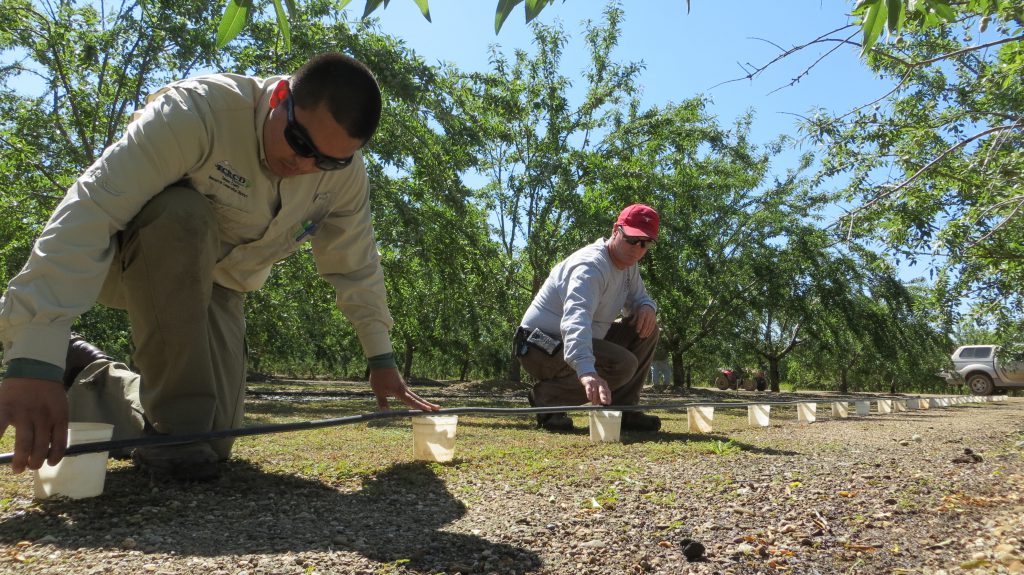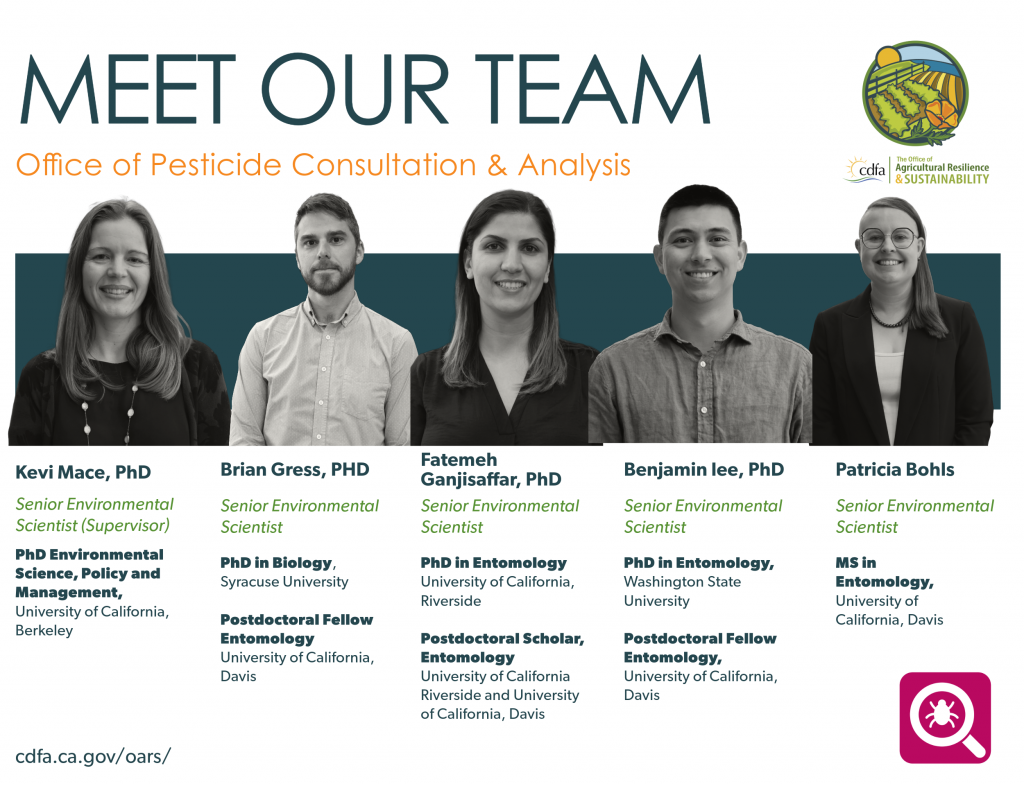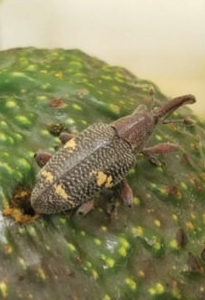As the 2025 irrigation season is upon us in California, farmers can consider reaching out to a technical assistance provider funded by the OARS Water Efficiency Technical Assistance (WETA) program. WETA provides funds to technical assistance providers to complete irrigation system evaluations and pump efficiency tests, as well as provide training on water use efficiency and nutrient management practices.

An irrigation system evaluation is the inspection and testing of an irrigation system to inform if repairs are needed and to see if water is being distributed evenly throughout the field. When a producer implements the recommendations from an irrigation system evaluation, they often save water and money and improve their crop yields. Similarly, a pump efficiency test, performed by a pump technician, can help a producer identify when a pump needs to be serviced or replaced, which can result in energy efficiency improvements and cost savings. WETA-funded technical assistance providers can also help a producer fine-tune their irrigation system and water management practices.
OARS first received funding to provide WETA grants in 2021. Currently there are approximately 25 funded WETA technical assistance providers. Many of these grants will be expiring in 2026 so make the most of these services while they are available. To find out if there is a WETA service provider in your area and what types of assistance they are offering, please visit the program website at https://www.cdfa.ca.gov/oars/technical/weta.html



